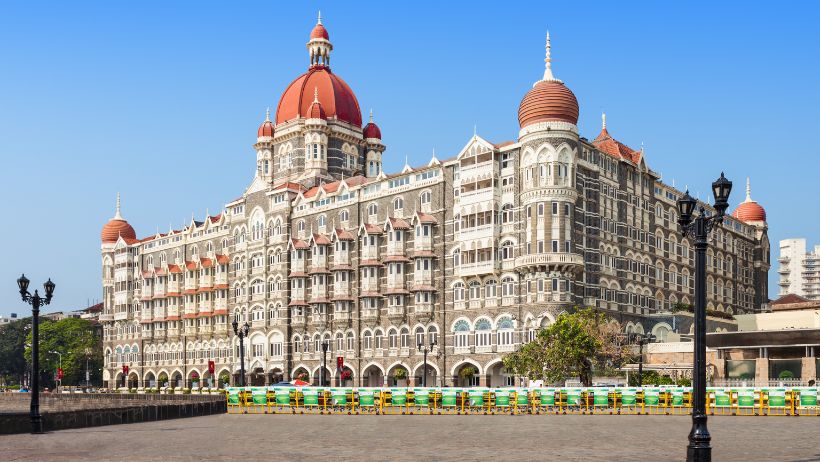Remembering the Victims of the Mumbai Terror Attacks
The Mumbai terror attacks, which took place from November 26 to 29, 2008, were a series of coordinated terrorist attacks that lasted for four days, killing at least 166 people and injuring over 300. The attacks were carried out by ten members of the Lashkar-e-Taiba, an Islamist terrorist organization based in Pakistan.
The attackers claimed that they were acting in the name of jihad and their actions were in accordance with the true teachings of Islam. Religion is meant to promote peace, compassion, and understanding, not hatred and division. The killing of innocents in the name of any religion is a heinous act that goes against the very core of what religion represents.
The world needs true religion, which teaches us to love and respect one another, not the kind of religion that is used to justify violence and hatred.
The terrorists targeted several prominent locations in Mumbai, including the Chhatrapati Shivaji Terminus railway station, the Oberoi Trident Hotel, the Taj Mahal Palace Hotel, and the Nariman House Jewish community center. They also attacked a number of other locations, including Leopold Cafe, St. Xavier’s College, and the Cama Hospital.
The attacks were a major tragedy for India and the world. They were a reminder of the threat of terrorism and the importance of international cooperation in combating it.
The Mumbai terror attacks killed people of all ages, religions, and nationalities. The youngest victim was a 2-year-old boy, while the oldest victim was a 93-year-old man. The victims included Indians, foreigners, and people of Indian origin.
The attacks also had a profound impact on the survivors. Many of them were traumatized by the experience and continue to suffer from physical and emotional injuries.
The Mumbai terror attacks were a defining moment in India’s history. They led to a number of changes in the country, including increased security measures and a renewed focus on counterterrorism efforts. The attacks also had a significant impact on the global community. They led to a renewed commitment to fighting terrorism and a better understanding of the threat posed by Islamist extremist groups.
Every year on November 26, India observes a Day of Mourning to remember the victims of the Mumbai terror attacks. Today, people across the country pay their respects to the victims and reaffirm their commitment to peace and tolerance.
The Mumbai terror attacks were a horrific tragedy, but they also showed the resilience of the human spirit. The victims of the attacks will never be forgotten, and their stories will continue to inspire us to fight for a better world.
The Mumbai terror attacks were a dark chapter in India’s history, but they also showed the strength and resilience of the Indian people. The attacks will never be forgotten, but the victims will never be forgotten either. We must continue to fight for a world where terrorism is not possible, and we must remember the innocents who lost their lives in this tragedy.

